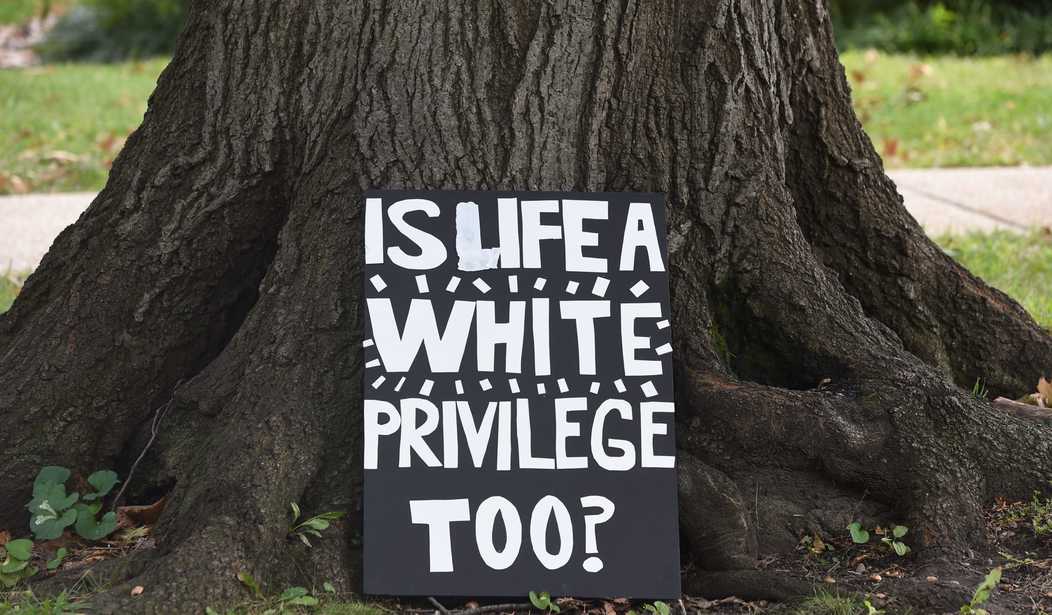A business professor at the University of Technology Sydney recently argued that helping white male athletes take classes online can reinforce “white privilege.”
Helena Liu made the argument in a new article for the journal Whiteness and Education, detailing it as one of many ways that “white power passes through the bodies of people of colour in higher education institutions.”
Co-authored with Ekaterina Pechenkina, a professor at the City University of New York, the article argues that professors of color can “become instrumentalized into the white supremacist practices of their institution.”
This is because minority professors are asked to maintain “the status quo of white privilege” through their various interactions with other professors, administrators and students, Liu and Pechenkina write.
One example of this is how professors are asked to make accomodations for white male athletes, Liu wrote. Because of the intense training schedules of some athletes in Australia, many need to take certain required classes online instead of in-person to graduate.
After being asked to make accommodations for a notable “white middle-class male athlete” to study with her by email, as all other professors at her school agreed to do, Liu argued that this was a way that minority professors are used as “instruments of white supremacy.”
“As I mulled over the possibility of accommodating for the student over the next day, the nagging feeling [about his race] would not go away,” she wrote, further contrasting the white privilege of the male athlete with the lack of privilege her minority students have.
Ultimately, Liu decided not to help the student. Her reason was ostensibly his race, since immediately after writing that she declined to help him, she mused if she should bring the issue of the student’s white privilege to the attention of the administration.
“I decided not to push back on the issue of racial privilege, following my intuition that it might be too risky as a female academic of colour to be seen as paradoxically hypersensitive (about racism) and insensitive (about student needs),” she wrote.
Further, Liu argued that being asked to help this white student in the first place was also illustrative of “white power.” This is because the student’s advisor, who asked Liu on his behalf, was allegedly “blind to the racial relations” at play within the university, since many minority students don’t have an advisor to go to bat for them.
In conclusion, Liu and Pechenkina argue that simple requests like the one detailed above are actually ways that professors of color are asked to serve as “weapons of whiteness” to “reinforce white privilege” while on the job. Refusing to go out of their way to help white athletes is just one way of “resisting white domination” in higher education, they wrote.
The article was published in the new issue of Whiteness and Education, an academic journal published out of London and New York. As Campus Reform has reported, the journal appears to have a non-existent peer review process for some articles, since many are accepted by the editors within just two or three days of being recieved.
Other articles the journal has published include one on the “The Tropics of Whiteness,” a piece on how professors can go about “Confronting Whiteness in a Sea of Whiteness,” and another hailing the merits of “Teaching to Deconstruct Whiteness in Higher Education.” Founded in 2016, the journal is the sister publication to the more established journal Race Ethnicity and Education.
PJ Media reached out to Liu and Pechenkina for comment, but did not receive a response in time for publication.
Follow the author of this article on Twitter: @Toni_Airaksinen










Join the conversation as a VIP Member